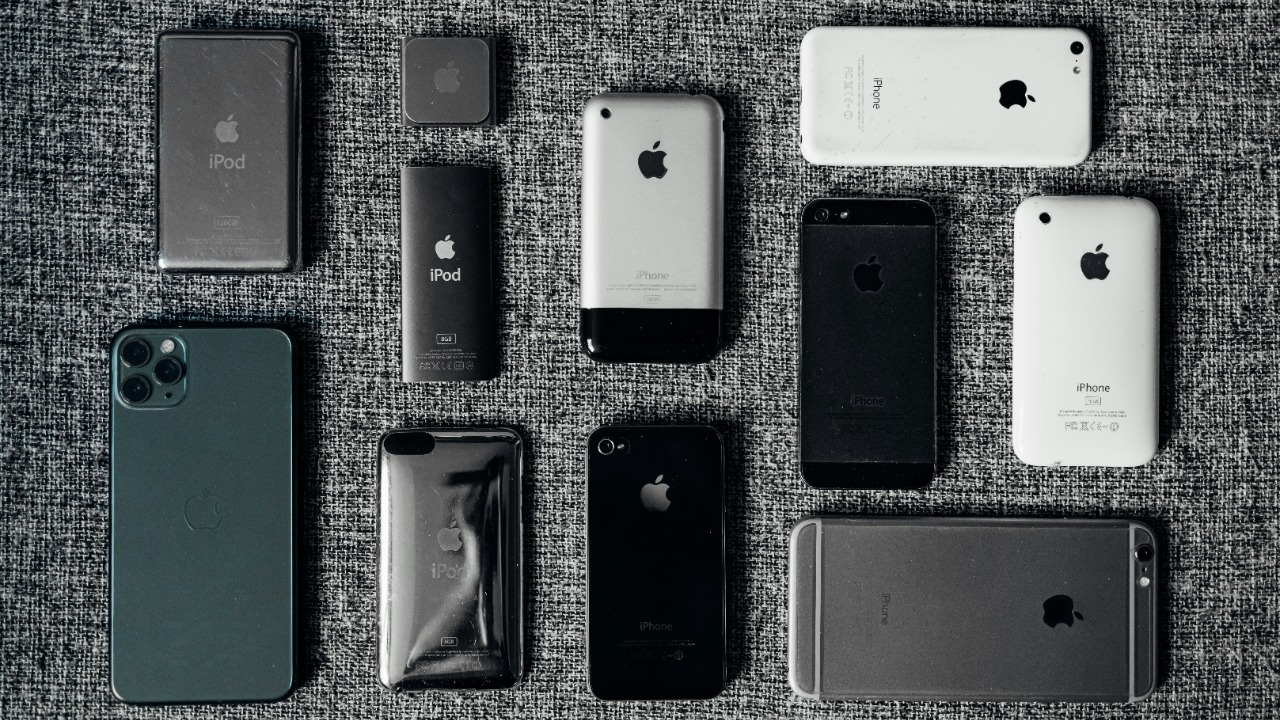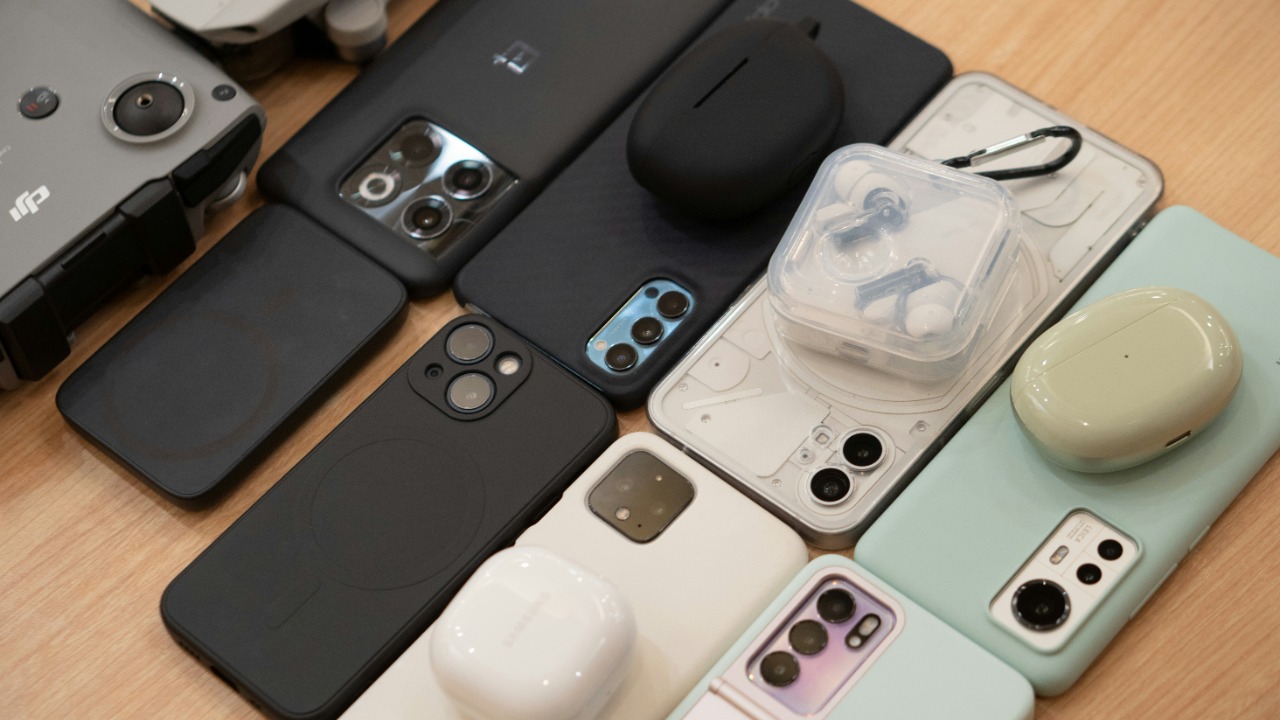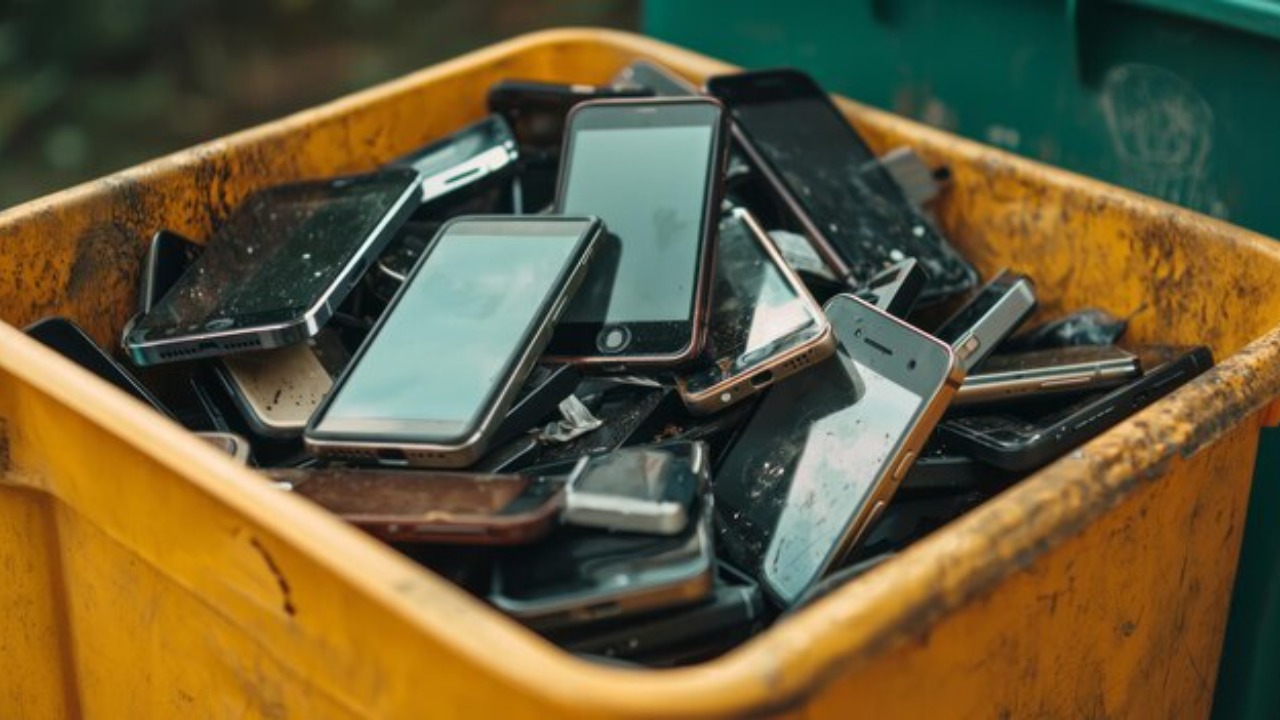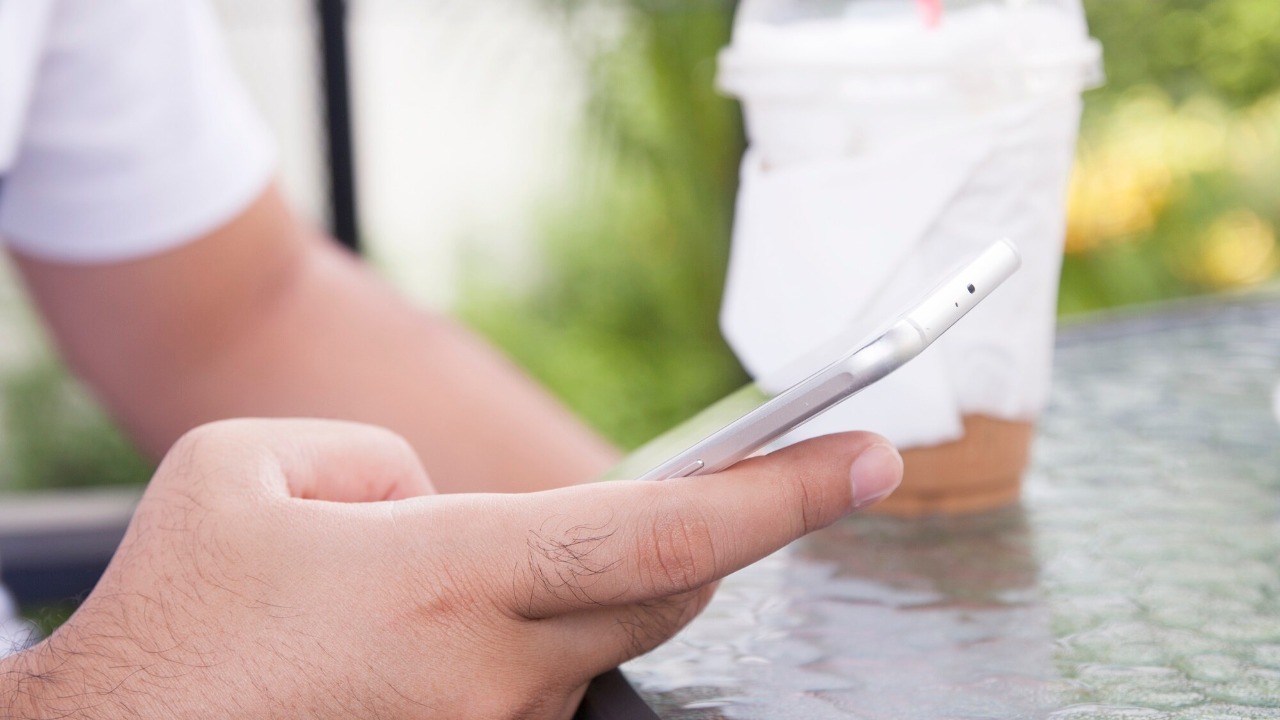The concept of “disposable phones” designed to last a mere year or less is gaining traction. This trend, driven by various factors, carries significant implications for consumers and the environment.
Defining “Disposable Phones”

Disposable phones, sometimes referred to as “burner phones”, typically have a short lifespan by design. These devices are meant to be used and then discarded within a year or so, often much less. Unlike regular smartphones, which are designed for prolonged use, disposable phones are not intended for long-term ownership. They are typically less expensive, less feature-rich, and less durable than their long-term counterparts.
The purpose of these phones varies. Some people use them as a backup or emergency phone, while others might use them for temporary situations like traveling abroad. Some consumers prefer them because they are cheaper and easy to replace, making them ideal for high-risk environments where a more expensive smartphone might get damaged.
The Rise in Popularity of Disposable Phones

Several factors contribute to the increasing popularity of disposable phones. The most significant of these is the cost. Disposable phones are considerably cheaper than regular smartphones, making them more accessible to low-income consumers or those who simply don’t want to invest a significant amount in a phone.
Disposable phones have gained considerable traction in various markets. According to a New York Times article, disposable phones were already a popular choice for consumers in Japan and Europe as early as 2001. Since then, the trend has only grown, with companies like Wirefly offering a wide range of disposable phone options.
The Appeal of Disposable Phones

The key appeal of disposable phones lies in their convenience. For consumers who need a phone for a short period or don’t want to worry about losing or damaging an expensive smartphone, a disposable phone is an attractive option. They are also appealing to those who value privacy, as they can be used anonymously and discarded when no longer needed.
In terms of cost, disposable phones can be more economical, especially in the short term. The upfront cost is significantly lower than that of a regular smartphone, and since they are designed for short-term use, there’s no need to worry about long-term maintenance or repair costs.
The Environmental Impact of Disposable Phones

While disposable phones may be convenient and economical for the user, they carry a significant environmental cost. The production and disposal of these devices contribute to electronic waste, which is a growing concern globally. The materials used in these phones, including metals and plastic, can also have a detrimental impact on the environment when not properly recycled.
Research has been conducted to quantify the ecological cost of disposable phones. A study published in ScienceDirect found that the environmental impact of producing a mobile phone is significant, even if it is only used for a short period.
The Future of Disposable Phones

The future of disposable phones is likely to be influenced by several factors. One of these is the advancement of technology. As smartphones become more robust and durable, the need for disposable alternatives may decrease. On the other hand, if disposable phones can be made more environmentally friendly or recyclable, their popularity could continue to rise.
A discussion on the Android subreddit pointed out that smartphones can now last up to seven years, reducing the need for frequent replacements. However, this longevity comes at a higher price point, which may not be affordable for all consumers, thus keeping the market for disposable phones alive.
The Role of Disposable Phones in Criminal Activity

It’s also important to note the darker side of disposable phones: their use in criminal activity. Because they can be purchased anonymously and discarded easily, they are often used in illegal activities. In some cases, they are used to evade law enforcement and tracking, making them a tool of choice for criminals.
Regulating the sale and use of disposable phones is a challenging task. According to a study published in the European Journal on Criminal Policy and Research, measures to regulate the use of disposable phones can be difficult to implement due to their accessibility and affordability. However, efforts are being made to track and monitor the sale and use of these phones to mitigate their potential misuse.